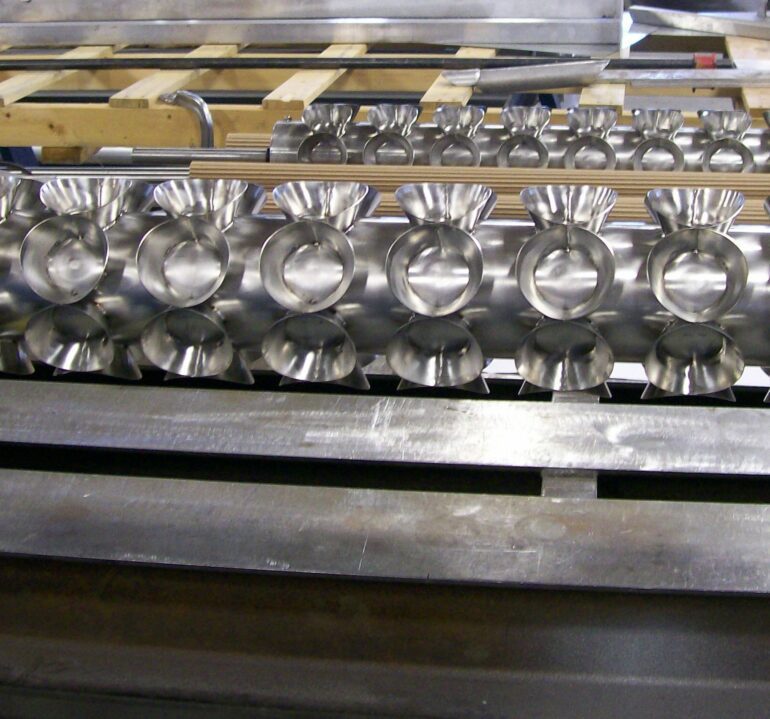
| Updated February 13, 2023When it comes to modern construction, steel is essential to building construction, our nation’s military and infrastructure, the automotive industry, appliance manufacturing, and even food packaging. Steel’s classification as a green building material has resulted in environmental benefits such as lowering levels of greenhouse gas emissions: the Environmental Protection Agency (EPA) notes that the steel industry reduced carbon emissions by 47% from 1990 to 2005, and also had the highest overall emissions reduction of any major industry. The steel industry is also a world leader in recycling and reusing sustainable steel material, and has significantly reduced energy consumption over the past 25 years.
Buildings
According to steel.org, as an advanced engineered material “steel is the material of choice by our metals manufacturing company, engineers and architects because of its strong performance characteristics, reliability, versatility in design, consistency as a product and ‘green’ profile. Sustainable steel continues to provide a proven environmentally responsible solution for meeting green building requirements in sustainability standards.” All Metals Fabrication combines knowledge of sustainable steel building practices with architectural expertise, from design to prefabrication to completion.
Utility Poles
Across North America, about 2.5 million aging wood utility poles are being replaced each year with galvanized steel utility poles, resulting in environmental benefits such as lower aerosol emissions, reduced hazardous waste, and reduced impact on animal habitats. Galvanized steel utility poles are durable, easy to maintain, have a longer life cycle, are stronger, and don’t require toxic chemical treatment like wood poles, and are 100% recyclable.
Military
From fighter jets and aircraft carriers to submarines, field artillery, missiles, tanks and more, steel is essential to our nation’s defense, and is a critical industrial metal for strengthening U.S. military installations and our nation’s infrastructure such as highways and bridges. The Department of Defense (DOD) Strategic Sustainability Performance Plan (SSPP) even adopted a sustainable compliance approach for operational military readiness training by constructing reusable 3D steel targets that eliminate environmental contamination and reducing lifecycle costs by 30%.
Automotive Industry
Steel makes up about 60% of the average vehicle’s components, driving the industry to create advances in automotive steel. Today’s vehicle components are lighter and stronger, designed to help increase safety and improve fuel economy while reducing greenhouse gas emissions.
Appliances
From the steel motor that runs your appliances, to the stainless steel exterior that gives your kitchen appliances a fresh, modern look, steel makes up the majority of household appliances. Best of all, steel appliances always contain some recycled materials, and 90% of appliances are recycled each year.
Food Packaging
Steel food cans are the most recycled food packaging in the world, offering convenience, affordability, and sustainability. Food grade stainless steel work is not for the faint of heart but All Metals Fabrication has expertise in meeting stringent food grade requirements.